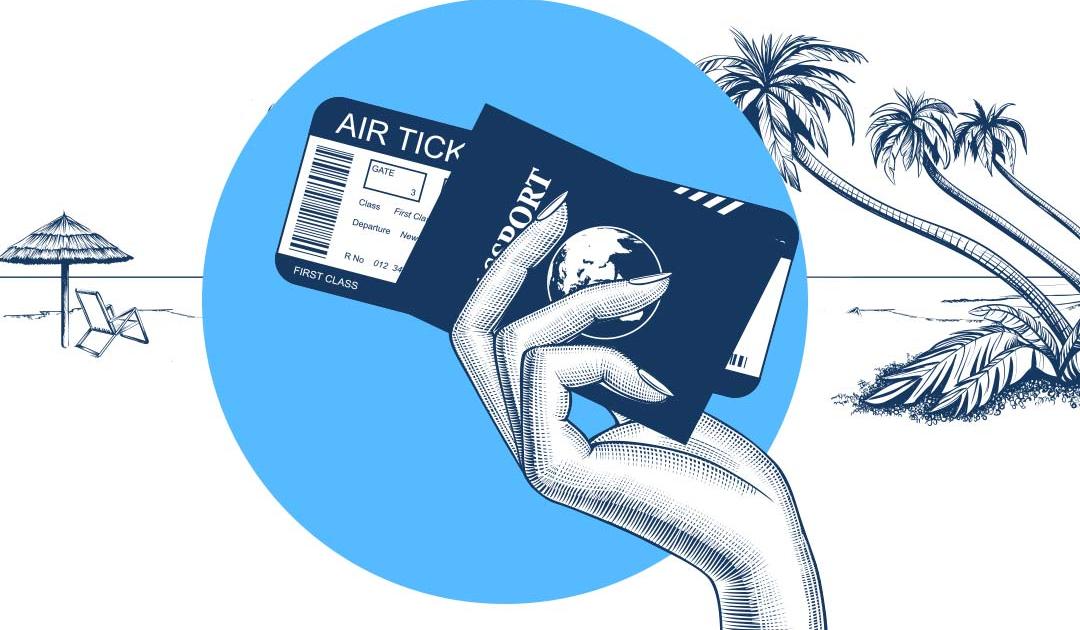In the United States it is said that Rosa Parks sat so that Martin Luther King could march, and that King marched so that Barack Obama could run (
run for office
is the expression used in English to run for president).
Nine months before Parks refused to get up from her seat on a Montgomery, Alabama, bus to challenge the racial segregation laws that prevailed in the south of the country in the 1950s, another woman did the same.
It was Claudette Colvin, a young African-American who was only 15 years old at the time, but who, for the leaders of the movement, had too dark skin and too "emotional" character to empathize with the society of the time.
His gesture was vital in that fight, but it was hidden in the official account.
As in American civil rights, the feminist struggle, which seeks equality between men and women, is made up of small and large actions by brave women who for centuries have faced the secondary role that society had assigned them.
The independence of Brazil, for example, is usually attributed to Don Pedro I, but the vital decisions for that historical milestone were made by his wife, Empress Leopoldina.
The textbooks that Brazilians study in school, however, attribute the feat to him, while she appears as a deceived and embittered woman.
EL PAÍS rescues the figures of six American women who were forgotten for years, ostracized or undervalued because of their gender: from the suffragettes who fought for the female vote, such as Paulina Luisi, who managed to pass the first law for the political participation of women. women in Latin America, in Uruguay, in 1932;
to Prudencia Ayala, a “humble Salvadoran Indian”, as she defined herself, who defied everything established and ran for the presidency of her country in 1930 when women could not even vote.
There are also pioneer women in the world of culture, such as the Mexican painter María Izquierdo, the first to exhibit in the United States, but who was despised and pushed aside by male muralists;
or the prolific Colombian writer Soledad Acosta de Samper.
His main novel, published at the end of the 19th century, has two strong women as protagonists who do not die of love but draw their own destinies.
These stories represent those of thousands of women who were pioneers in a society that did not consider them, but who believed in themselves and fought for all of us who came behind.
Claudette colvin
The first African American to not give up her seat on the bus
Nine months before Rosa Parks refused to get up from a bus seat in Alabama, a teenage girl did the same and was arrested for violating racial segregation laws.
But his face was not the one that went down in the history books.
VIEW PROFILE
Maria Izquierdo
A painter covered by the muralists
María Izquierdo was the first Mexican to have an exhibition in the United States.
In his country, male muralists discredited his work.
They thought that it would be better in a school or a market, the places where, according to them, women should paint.
VIEW PROFILE
Prudencia Ayala
The first woman to try to be president in Latin America
When this single, indigenous mother with little formal education launched her candidacy for the presidency of El Salvador in 1930, women could not vote.
They called her crazy and illiterate, but her courage opened the way for the political participation of Salvadoran women
VIEW PROFILE
Soledad Acostade Samper
A correspondent ahead of her time
The prolific Colombian novelist, journalist, and historian remained forgotten for most of the 20th century.
Her work, which reflects on the role of women in society, paved the way for other writers
VIEW PROFILE
Empress Leopoldina
The "cheated wife" who signed the independence of Brazil
Seen by traditional history as a victim of infidelity and bitter, the princess regent transformed Brazil with her political and diplomatic opinions
VIEW PROFILE
Paulina Luisi
The pioneering doctor who fought for women's right to vote
The suffragette was the first woman in Uruguay to graduate with a university degree, promoted sex education and organized the key movement so that in 1932 the right to vote for women was approved for the first time in a Latin American country
VIEW PROFILE
Subscribe here
to the
newsletter
of EL PAÍS América and receive all the informative keys of the current situation in the region
Credits
Writing: Lorena Arroyo, Antonia Laborde, Camila Osorio, Santiago Torrado, Stephanie Vendruscolo and Antonia Laborde, Camila Osorio, Santiago Torrado, Beatriz Guillén
Illustration: Fernanda Castro
Text Editing: Eliezer Budasoff, Lorena Arroyo
Visual editing: Héctor Guerrero
Design - Web development: Alfredo García









/cloudfront-eu-central-1.images.arcpublishing.com/prisa/2BJPLFOPENCKDMK6PPADXUU37E.jpg)